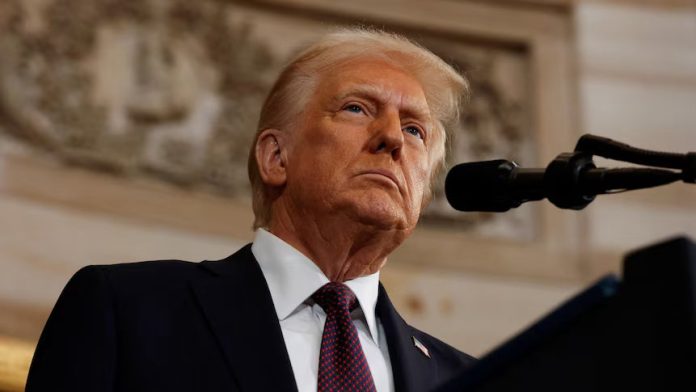Recently, President Donald Trump was unhappy with Colombia because it refused to allow U.S. planes carrying deported migrants to land. In response, Trump threatened to impose a 25% tax, called a tariff, on goods imported from Colombia. (WSJ)
Colombia’s Initial Refusal
Colombia’s PrcancellingGustavo Petro did not want to accept these deportation flights, especially those using military planes, because he believed migrants should be treated with dignity. (The Guardian)
Trump’s Threats
In addition to the tariffs, President Trump warned of other punishments, such as canceling visas for important Colombian officials and their families. He argued that Colombia’s refusal to accept deported migrants could harm the safety of the United States. (EIhuffpost)
Resolution
After discussions, Colombia agreed to accept all deported migrants, even those arriving on military planes. This agreement led President Trump to withdraw the threatened tariffs, but he kept some visa restrictions in place until the first group of deportees was successfully returned. (AP News)
Impact on Other Countries
President Trump’s strict immigration policies have affected other nations too:
Brazil: A U.S. deportation flight to Brazil had to make an unexpected stop due to technical issues. Brazilian officials were upset because the deported individuals were handcuffed during the flight. They demanded the removal of the handcuffs and ensured the migrants continued their journey safely. (Reuters.com)
Honduras: The U.S. signed an agreement with Honduras allowing the deportation of migrants who passed through Honduras on their way to the U.S. Critics argue that Honduras is not a safe place for asylum seekers due to its high crime rates. (BBC)
These actions show how U.S. immigration policies can influence relationships with other countries and affect the treatment of migrants.



